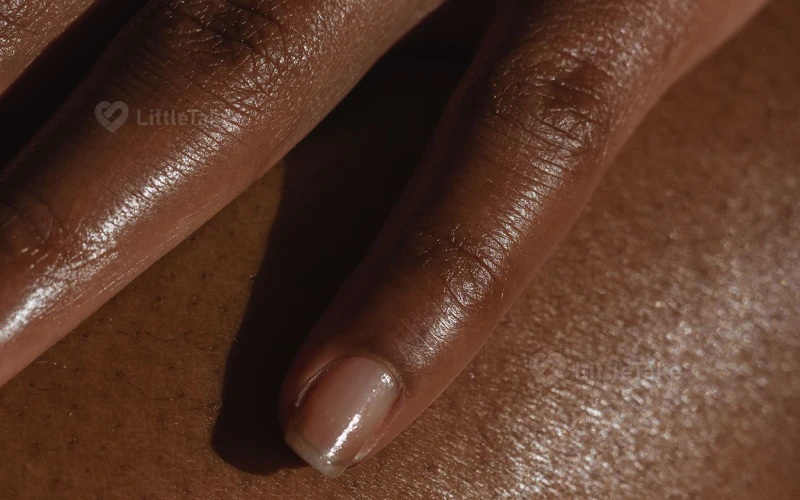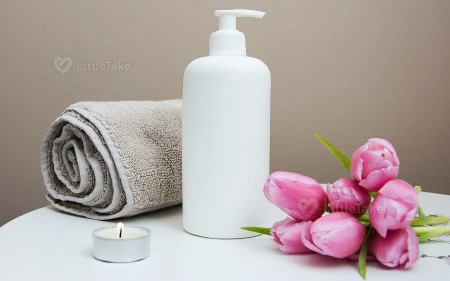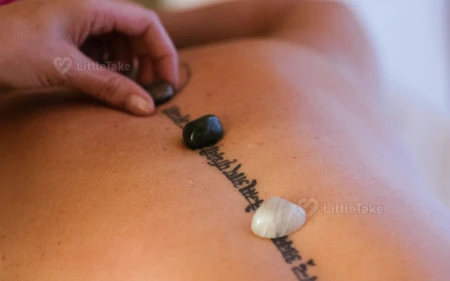
Body Care for Acne-Prone Skin
Acne is a common skin condition that affects many people at some point in their lives. It can be a source of frustration and embarrassment, especially when it comes to skincare. But with the right body care routine, you can help keep acne under control and achieve clearer, healthier-looking skin. Here's what you need to know about body care for acne-prone skin.
Step 1: Cleanse Regularly
Cleansing your skin is an essential step in keeping acne at bay. Choose a gentle, non-comedogenic cleanser that won't clog your pores. Wash your skin twice a day, in the morning and at night, to remove excess oil and dirt. Avoid using hot water, which can strip your skin of its natural oils, and opt for lukewarm water instead.
Step 2: Exfoliate Gently
Exfoliating your skin can help remove dead skin cells and unclog pores, but it's important to do so gently. Over-exfoliation can actually make acne worse. Use a gentle exfoliating scrub or a chemical exfoliant, like salicylic acid, once or twice a week. Avoid using physical exfoliants, like scrubs, on active acne as they can irritate the skin and cause further breakouts.
Step 3: Moisturize Lightly
Moisturizing is important for keeping your skin healthy, but it's important to choose the right moisturizer for acne-prone skin. Look for a light, oil-free moisturizer that won't clog your pores. Avoid heavy, creamy moisturizers that can make acne worse. Apply your moisturizer after cleansing and exfoliating, when your skin is still damp, to help lock in hydration.
Step 4: Use Acne-Fighting Products
There are a number of over-the-counter and prescription products available that can help treat acne. Look for products that contain benzoyl peroxide, salicylic acid, or alpha-hydroxy acids, which can help unclog pores and reduce breakouts. Use these products as directed, and avoid over-using them as they can dry out your skin and make acne worse.
Step 5: Avoid Certain Ingredients
Some ingredients found in skincare products can make acne worse. Avoid using products that contain heavy oils, fragrances, or alcohol, which can irritate the skin and cause breakouts. Instead, look for products that are labeled "non-comedogenic" or "oil-free" to help keep your skin clear.
Incorporating these tips into your body care routine can help keep acne under control and leave you with clearer, healthier-looking skin. Just remember to be patient and persistent, as it can take time to see results. And if your acne is severe or persistent, don't hesitate to seek the advice of a dermatologist for personalized treatment recommendations.
In conclusion, taking care of acne-prone skin requires a gentle, consistent approach. By cleansing regularly, exfoliating gently, moisturizing lightly, using acne-fighting products, and avoiding certain ingredients, you can help keep acne under control and achieve clearer, healthier-looking skin. Try incorporating these body care essentials into your routine today!


















